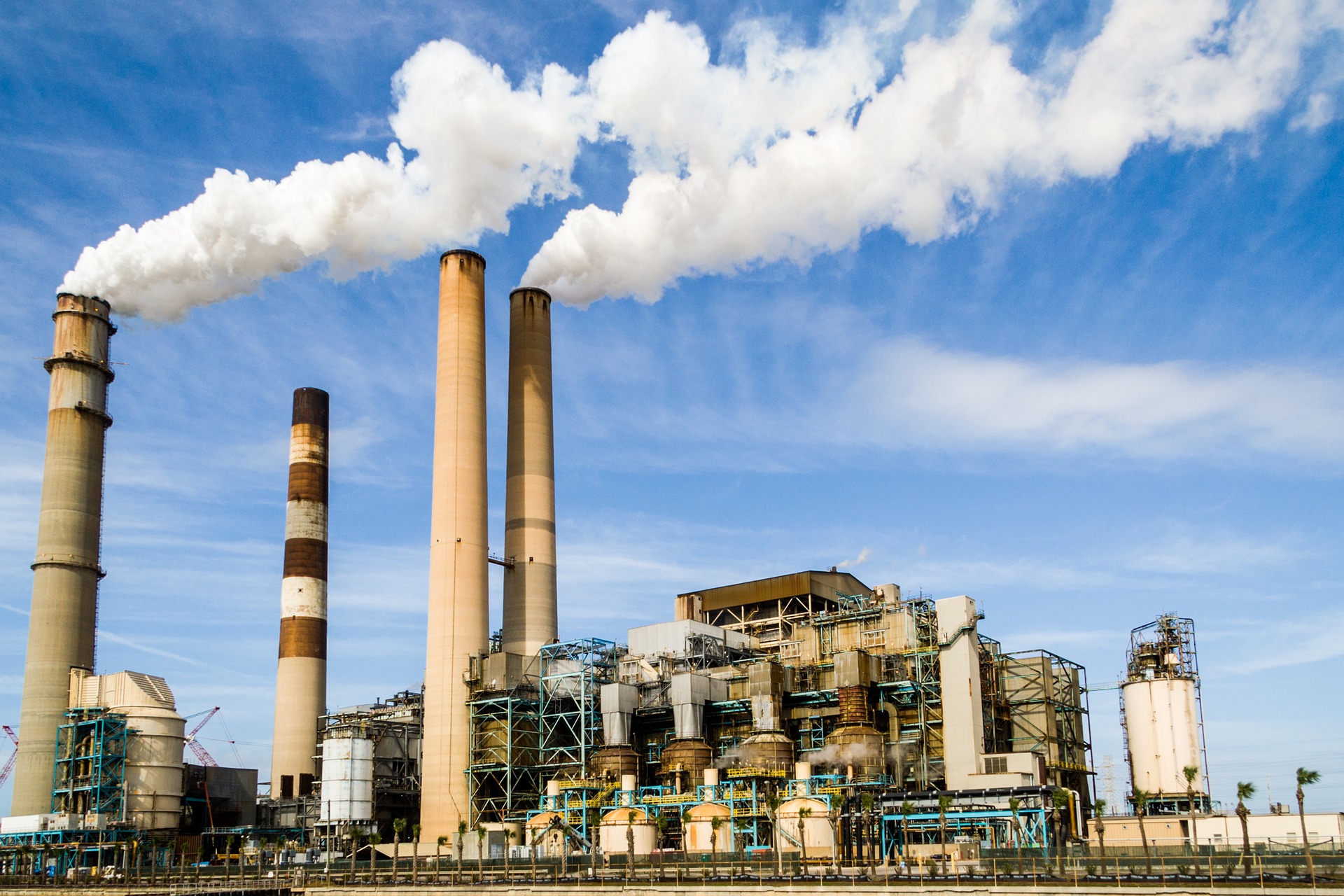EPA Must Strengthen New Power Plant Rule To Specify Green Hydrogen Use Only

Pennsylvania has the fourth-highest energy related emissions in the country with coal and gas-fired power plants being the largest individual industrial climate polluters in the state. Producing electricity accounts for more than a fourth of Pennsylvania’s greenhouse gas emissions. For many years, Clean Air Council has been a major player in forcing power plants to reduce their emissions and suing to prevent the building of new fossil fuel plants. Not an easy thing to do in a state like Pennsylvania which has strong political support for coal and fracked gas.
The U.S. Environmental Protection Agency (EPA) recently proposed new national carbon emission standards for coal and gas-fired power plants. This new proposed rule would eliminate 617 million metric tons of total carbon dioxide (CO2) through 2042, equivalent to reducing the annual emissions of nearly half of all passenger vehicles in the United States. It is estimated it would prevent about 1,300 premature deaths, prevent more than 300,000 cases of asthma attacks, and prevent more than 800 hospital and emergency room visits each year.
The proposed new rule is a historic step in limiting the carbon emissions that fuel climate change as well as reducing other harmful chemicals emitted along with carbon dioxide. However, in order to achieve the greenhouse gas reductions needed to meet our climate goals and avoid the most catastrophic effects of the climate crisis, EPA must strengthen the proposed rule.
The rule’s suggested limits for gas-fired plants is based on the low emissions produced by using hydrogen or carbon capture and sequestration. There are many ways to produce hydrogen, including using natural gas which is very energy intensive. EPA needs to specify that only hydrogen produced with 100% renewable energy, known as green hydrogen, should be used. Hydrogen produced using natural gas will create more greenhouse gas pollution when we need to be reducing it.
EPA also needs to create strict rules around the transport and storage of captured CO2 to ensure these emissions do not leak into the atmosphere. Safe, secure, and permanent underground carbon storage has yet to be proven at commercial scale, so EPA must require that companies that generate carbon share the responsibility for ensuring these sequestered emissions don’t end up leaking into the atmosphere, and the long-term liability for any harms from future leakage.
While the rule rightly requires strong pollution standards at power plants that operate at a high amount of their full capacity, it should also include power plants that operate at less than full capacity, commonly referred to as “peaker plants.” These plants only operate during periods of high electricity demand, use highly polluting fuels like oil, and many are sited in Environmental Justice (EJ) areas that already struggle with air quality and environmental injustice.
The proposed rule has huge implications for Pennsylvania’s energy emissions. Comments are open until August 8th. The Council sent an action alert to encourage members to comment on the rule that provides talking points and we encourage you to use our digital platform to submit your comments and share the link with your friends. As part of the comment period, the Council also testified at an EPA public hearing about the rules.This is why we need you to submit a comment to the EPA about the proposed rule.
To learn more about EPA’s proposed rule, contact Advocacy Coordinator Susan Volz at svolz@cleanair.org

